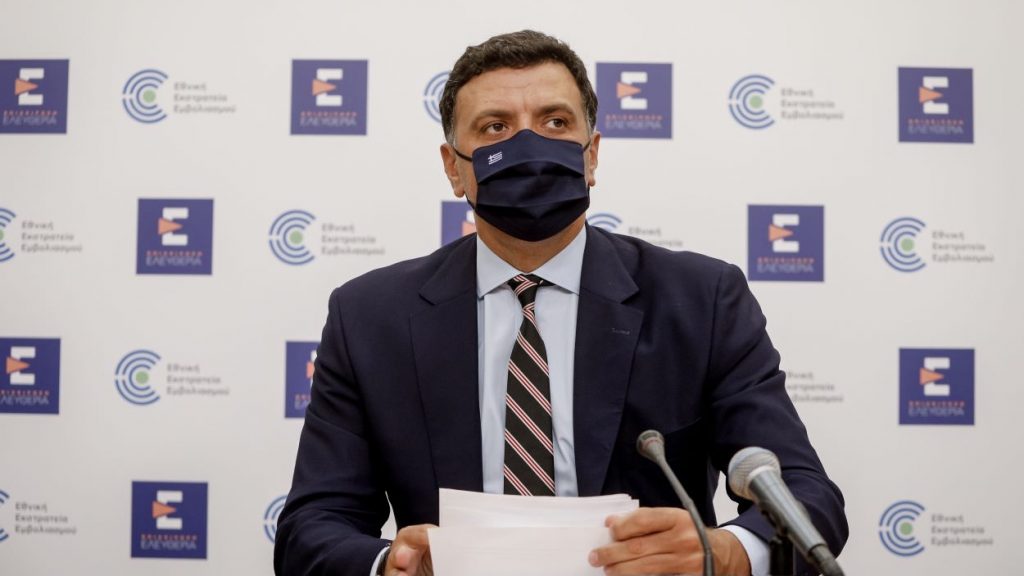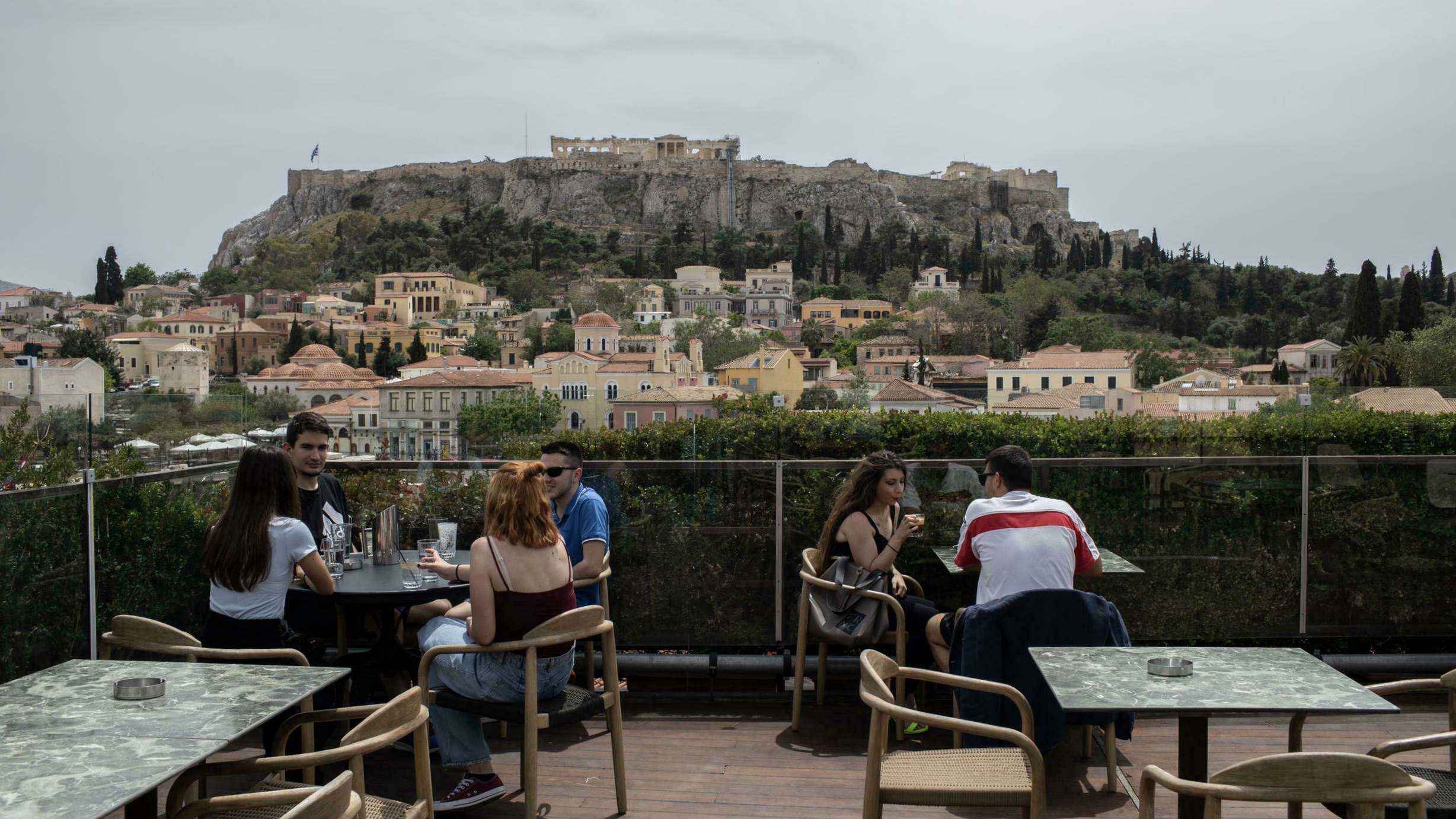As of next month, all indoor eateries, bars, clubs, and entertainment venues will be off-limits for Greek citizens who have not been vaccinated against COVID-19.
Health Minister Vassilis Kikilias announced the new restrictions as the obligation of a “responsible state” on Tuesday.
“These measures aren’t punitive,” Kikilias says.
“They are our duty to all those who went through 18 months of the pandemic carefully, those who lost their shops, jobs and had to work from home to protect themselves.”

The new rules are projected to be in place for 199 days between 13 September and 31 March.
Greek citizens will have to provide proof of inoculation or recovery from the coronavirus, in the form of a COVID-19 certificate, to access these venues, including indoor and open-air sports stadiums.
Other venues including theatres, cinemas, museums, and archaeological sites, will allow access to those who are unvaccinated but only if they provide proof of a negative rapid test conducted within 48 hours.
Rapid tests, which are currently free of charge, will cost €10 for all those who have not been vaccinated – except for school pupils – under the new regulations.
The regulations favor those who are vaccinated, who will continue to enjoy free COVID-19 tests, as well as people who have recovered from coronavirus, who will be granted access to establishments that range from tavernas to upmarket restaurants, late-night clubs, and bars.
Both public and private sector workers who are not vaccinated will be subject to weekly tests.
Workers in academia, tourism, hospitality, and other forms of entertainment, as well as school and university students, will have to test twice a week.
Just over half of Greece’s population are fully inoculated but vaccinate hesitancy has seen fatalities, hospitalisations, and intubations rise in recent weeks.
On Tuesday, health authorities announced 4,608 new cases – the highest daily case number since the pandemic began – and 32 deaths.
Source: The Guardian

